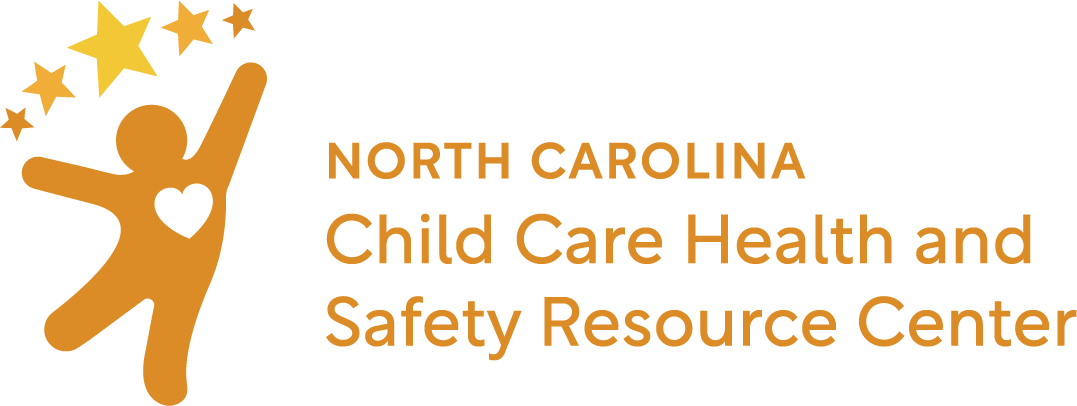About CCHCs
Active Child Care Health Consultants
Find a CCHCChild Care Health Consultants (CCHCs) are trained health professionals with education and experience in both child and community health and early care and education. CCHCs work with early care and education programs to assess, plan, implement, and evaluate strategies to achieve high quality, safe and healthy child care environments.
Active CCHCs in North Carolina have successfully completed the NC Child Care Health Consultant Course and are listed on the Find a CCHC page. CCHCs listed as primary may be contacted to provide services to child care facilities in the county/ies they serve. CCHCs listed as regional work for the NC Resource Center and serve multiple counties.
CCHC One-Pager
Download a one-pager on Child Care Health Consultation here: CCHC one-pager 2022
What do CCHCs do?
- Assess the child care environment for health and safety
- Develop strategies for inclusion of children with special health care needs
- Support early educators with preventing and managing injuries and infectious disease
- Connect early educators and families to community health resources
- Provide up-to-date information on regulations and best practices to early educators
- Provide health and safety training and technical assistance to early educators
When to contact a CCHC
When a child care program could benefit from health and safety training, technical assistance, coaching, assessment, or quality improvement planning in any area of health and safety including the following:
- General areas:
- Quality Health, Safety, and Wellness Practices
- Policy Development and Implementation
- Health Education
- Resource and Referral
- Subject Matter Areas
- Child Abuse and Neglect
- Children with Special Healthcare Needs
- Emergency Preparedness, Response, and Recovery
- Environmental Health
- Illness and Infectious Diseases
- Infant and Child Social Emotional Wellbeing
- Medication Administration
- Nutrition
- Oral Health
- Physical Activity
- Safety and Injury Prevention
- Staff Health and Wellness
CCHCs make a difference
Studies have confirmed that CCHCs improve the health and safety of children in early care and education programs by:
- Increasing staff knowledge of health issues in child care settings
- Increasing compliance with health and safety best practice standards
- Improving the quality of health and safety policies and practices, including handwashing, sanitation, and safe sleep practices
- Increasing the number of children who receive oral, developmental, vision, and hearing screenings and assessments
- Improving children’s access to a medical home, enrollment in health insurance, and up-to-date immunization status
- Strengthening environmental health practices
- Promoting the inclusion of children with special health care needs
Child Care Health Consultants Make Early Care and Education Programs Healthier and Safer
